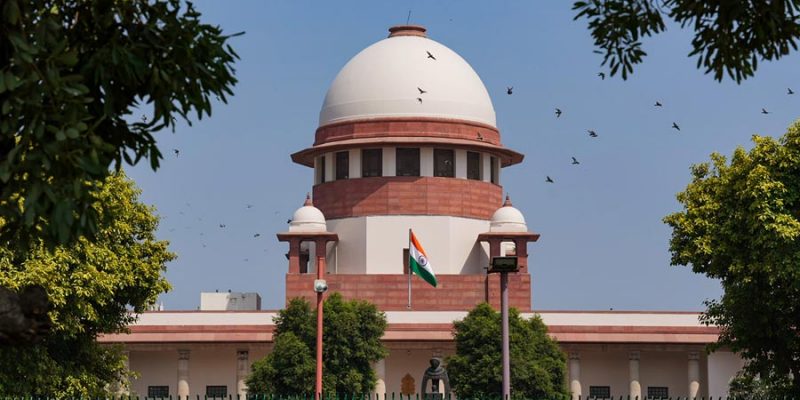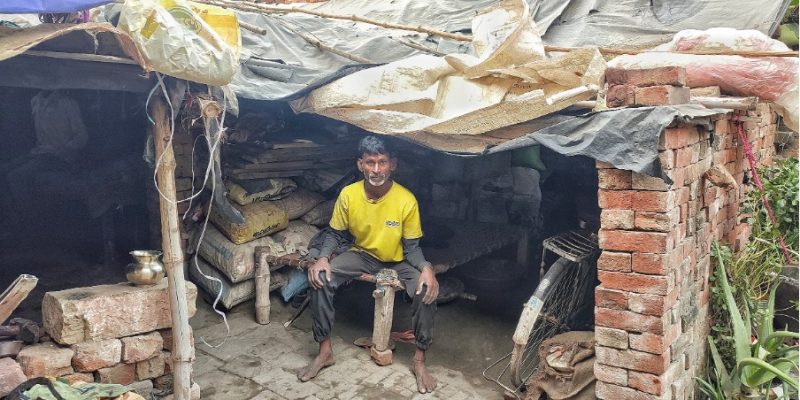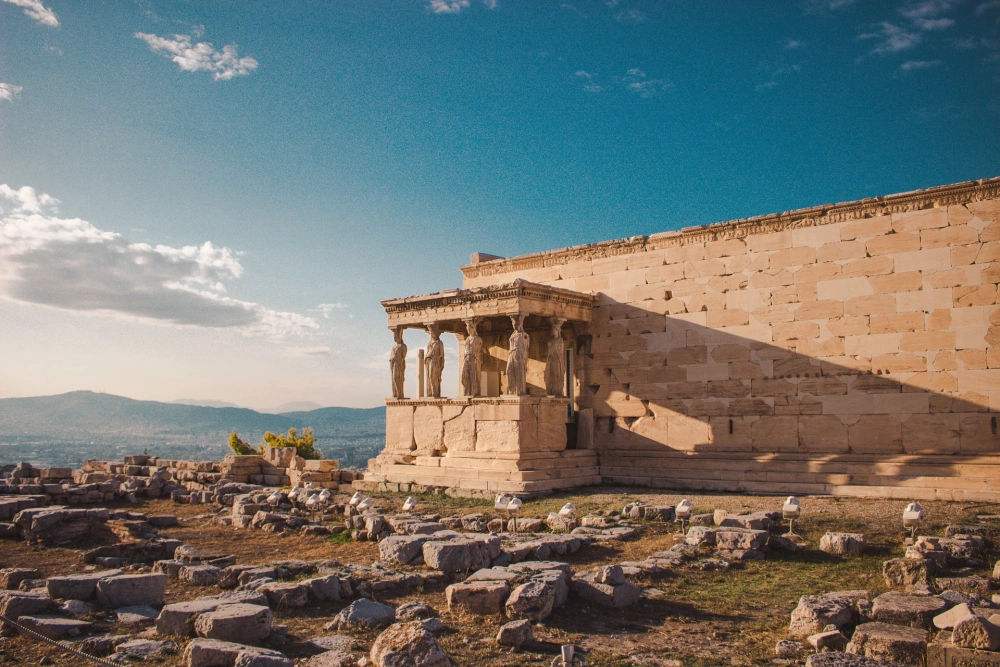Five Reasons Why Mizoram CM Zoramthanga Said He Will Shun Modi During Campaign

New Delhi: Mizoram chief minister Zoramthanga has made national headlines for refusing to share a platform with Prime Minister Narendra Modi when the latter visits the Mamit district on October 30 to campaign for the Bharatiya Janata Party (BJP) for the state’s November 7 assembly election.
Speaking to the BBC, Zoramthanga cited dozens of churches burnt down in the Kuki-Meitei ethnic clashes in neighbouring Manipur – where the is in power BJP, to state that he would not share a stage with Prime Minister Modi in Mizoram.
What were the compulsions that forced Zoramthanga to make such a categorical statement against the prime minister despite his party, the Mizo National Front (MNF), being part of the National Democratic Alliance (NDA)? To answer this, we must first acknowledge that among all the incumbent chief ministers of the northeastern states, Zoramthanga is perhaps the only one who can refuse to bow to Modi, and thereby to New Delhi, on certain issues.
In the run-up to the 2014 parliamentary polls, then Congress leader Himanta Biswa Sarma asked voters in Assam not to choose Modi claiming that ‘the (water) taps in Gujarat are filled with the blood of the Muslims’ (referring to the Gujarat riots of 2002). That is, however, a distant memory. Sarma is now a card-carrying member of the saffron party and recently said he does not want any Muslims to vote for him.
Zoramthanga’s recent statement may lead one to believe that the 79-year-old veteran Mizo leader is the last of the old-school politicians from the Northeast who would not dither from questioning New Delhi if a local issue so warranted.
Birthday greetings to the Honourable Prime Minister of India.
Under his exemplary leadership and supervision, India’s position on every front has become much stronger than before; #India is rising high in all aspects.
Your dedication in service to the nation is truly… pic.twitter.com/6LoELGzSqQ
— Zoramthanga (@ZoramthangaCM) September 17, 2023
But his statement, as the state heads to an election, comes only after taking into consideration the multiple dynamics that he is juggling to be able to romp home to a victory for a second consecutive time. To my mind, there are at least five reasons why he has decided to snub Modi before the polls.
Christian sentiments
Though there are other Christian-majority states in the northeast, the Church plays a prominent role in regulating the electoral process in Mizoram – albeit from the rear. No candidate can campaign door-to-door without a volunteer supplied by the Church-backed powerful civil society group, the Young Mizo Association (YMA). This is to ensure that no enticement is promised to the voters by any contender. No large poll-related spending is permitted to any party. Any defaulter would be named and shamed through the public address system that extends to every nook and cranny of Mizoram. Devout Mizos ardently follow those rules.
That the Christian-majority Kuki community was attacked in Imphal under the watch of a BJP chief minister; their homes and churches set on fire, has educed strong sentiments among the Mizos, a kindred community of the Kukis. Thousands have rushed into Mizoram for shelter; many are still staying in different parts of the state.
Such attacks on Christians in a state ruled by the BJP, whose Hindutva ideology makes no bones about opposition to religious minorities, have not gone unnoticed by the Church either. Several Church leaders have spoken about it.

Manipur chief minister N. Biren Singh and Prime Minister Narendra Modi. Photo: Twitter/@NBirenSingh
If you place Zoramthanga’s statement to the BBC in the light of this reality, it is only natural to conclude that the chief minister is trying to address that latent anger in the deeply religious Mizos in this poll season. He hopes it will nudge them to press the Tiger head, his party’s symbol, on the ballots on November 7.
Mizo nationalism
Additionally, the MNF founding leader is also banking on the aid and assistance that his government has provided to those fleeing Manipur to help bind the Mizos in a strong sense of sub-nationalism under his leadership. The hapless Kukis arrived in Mizoram at a time when hundreds of Zo-Chin people from neighbouring Myanmar were also being offered food and shelter by the MNF and the YMA, in keeping with the sentiments of the Mizos. The Chins also belong to the larger Zo family of tribes.
With Mizoram receiving so many refugees from its international and state borders, the long-forgotten demand for a larger Zo state comprising people of the same ancestry has once again risen its head. After the Manipur episode, Zoramthanga has particularly spoken about the need for ‘Zo unification’. Let’s not forget, he is one of the founding members of the MNF, which had once led a strong movement for Zo unification. In 2017, when the Modi government was initiating peace talks with the Kuki armed groups of Manipur, they preferred the Centre appoint Zoramthanga as the interlocutor. It didn’t materialise, but his leadership within the Zo people has not lost its significance. Kuki leaders from Manipur have already requested their Mizo brethren to re-elect Zoramthanga’s party in the coming polls. In such a sensitive situation, when Mizo voters are conscious of the fact that the violence on the Kukis took place under Modi’s BJP, Zoramthanga would certainly not risk sharing the dais with the prime minister. Add to it the fact that Modi neither spoke about the violence nor visited the affected people – something which rankles both the Kuki and Meitei people – it is all the more necessary that Zoramthanga not be seen in the same frame as him.
NDA ally – A baggage
That Modi is set to campaign in Mizoram but does not want to visit Manipur only underlines the point that the BJP under him is quite ambitious about being part of the government in Mizoram. It is the only Northeastern state where the party is out of power. In Meghalaya and Nagaland, regional NDA partners have allowed it to become part of the governments though the BJP does not have many MLAs. For the MNF, it has been difficult to enter into a poll alliance with the Hindutva-backed party in a Christian-majority state. In the 2018 elections, the Congress, facing huge anti-incumbency, had heightened its campaigning by particularly underlining that the MNF and BJP were allies, and therefore voting for one meant voting for the other. Zoramthanga did his best to convince the voters that if elected, he would never allow the BJP to be a part of his government. He stood by that word and kept the lone BJP MLA out of his regime despite substantial pressure from New Delhi.
This election too, the Congress has upped its game by not only accusing the MNF government of corruption but also that the party is the ‘entry point’ to the BJP-RSS. None other than Rahul Gandhi led that attack on Zoramthanga’s party during his recent visit to the state. In such a scenario, Zoramthnaga would rather not share the stage with Modi.

Rahul Gandhi in Aizawl, Mizoram’s capital. Photo: X (formerly Twitter)/@RahulGandhi. October 16, 2023.
Rise of ZPM
Rahul Gandhi also accused the other regional party, the Zoram People’s Movement (ZPM), of being close to the BJP-RSS. ZPM founder Lalduhoma, in an interview with the Indian Express on Wednesday, October 25, denied the claim. But his words showed a whiff of Mizo sub-nationalism: “we are not going to join any group at the national level because we don’t want to have bosses in Delhi who will dictate us”.
He added that the ZPM “is a regional party with a national outlook” – which reminded one of the Nagaland model, where the BJP forged an alliance with a new regional party, the NDPP, when the old guard of the Naga People’s Front (NPF) refused to have any poll truck with it in 2017. Today, the BJP is in government with the NDPP, which is also hinged on regionalism with a ‘national outlook’. The December 3 results will decide whether Mizoram will see a repeat of the Nagaland model.
Till then though, the rise of the ZPM as an alternative to the MNF is a headache for Zoramthanga. Considering his age, this is most likely to be his last election. He would rather not be remembered for hanging up his boots with a defeat for the MNF. If that calls for staying away from Modi, so be it.
BJP’s entry into Mizo society
One of the biggest concerns of the MNF, though, is the rise of rebellion within the party, and the BJP making good use of it to enamour the Mizo society.
In the run-up to these polls, MNF lost two of its senior MLAs, one of them the speaker, to the BJP. Until the 2018 elections, the BJP could find winnable candidates only within the Chakma community. Not anymore. If these candidates can pull off a win, the BJP will likely put ample pressure on the winning party (MNF or ZPM) to accommodate it in the next government. No way would Zoramthanga then want voters to see it as a friendly contest by posing next to Modi in an election rally and thereby help the rebels reap any electoral benefits.


